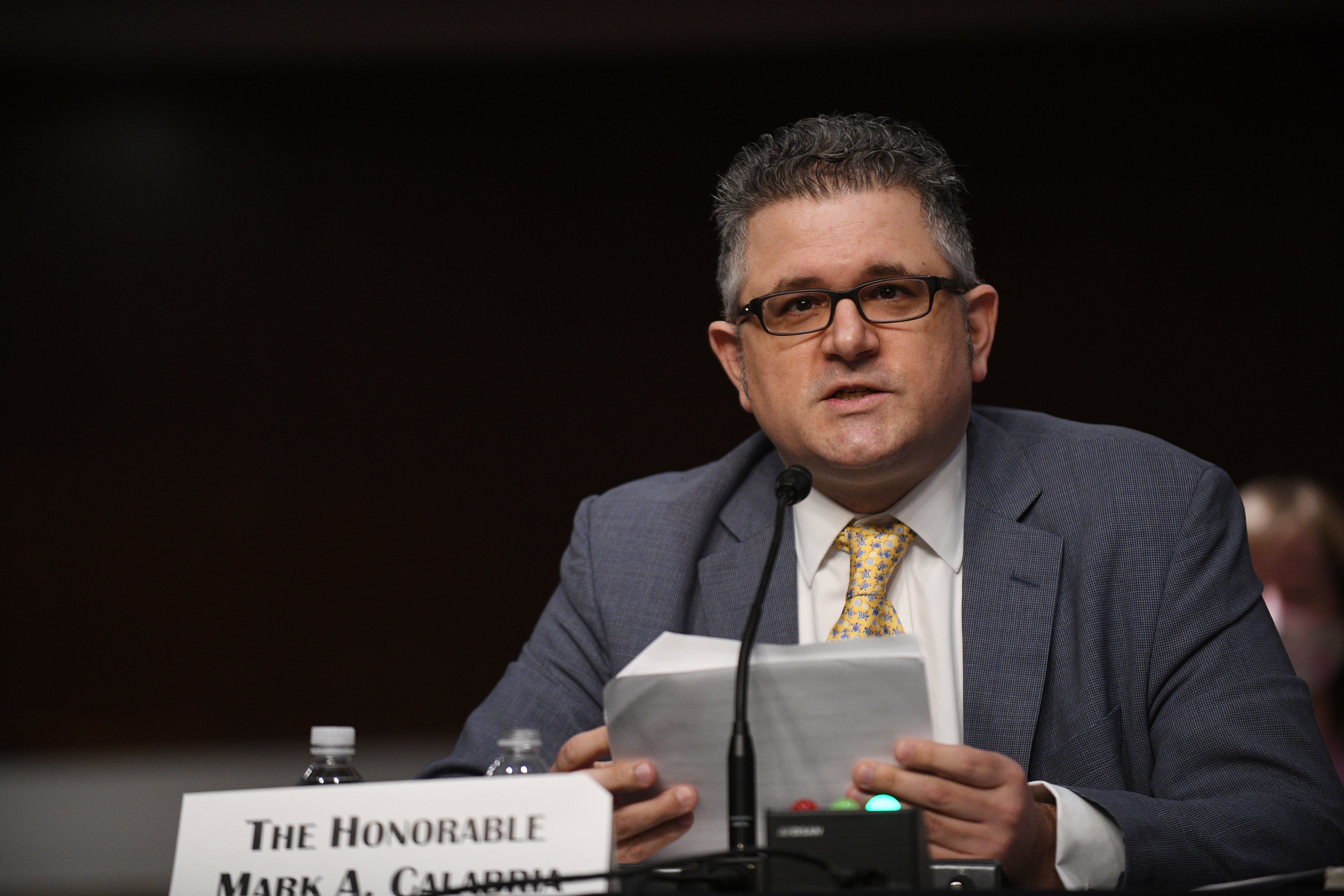High court takes on Fannie, Freddie presidential power case
The Supreme Court is hearing a case that could make it easier for the president to fire the head of the agency that oversees government-controlled mortgage giants Fannie Mae and Freddie Mac

The Supreme Court is hearing a case Wednesday that could make it easier for the president to fire the head of the agency that oversees government-controlled mortgage giants Fannie Mae and Freddie Mac.
The case could also mean undoing an agreement between the companies and the government that has sent about $246 billion in their profits to the Treasury. That was compensation for the taxpayer bailout they received after the 2007 housing market crash.
The case before the justices involves the Federal Housing Finance Agency, which oversees Fannie and Freddie and was created following the housing market crash. One of the questions for the court, which is hearing arguments by phone because of the coronavirus pandemic, is whether the agency's structure violates the Constitution.
The case is in many ways similar to one the justices decided earlier this year involving the FHFA's companion agency, the Consumer Financial Protection Bureau The CFPB, the government’s consumer watchdog agency, was created by Congress in response to the same financial crisis.
In the case involving the CFPB, the court struck down restrictions Congress imposed that said the president could only fire the agency's director for “inefficiency, neglect of duty, or malfeasance in office.” Just as the head of the CFPB was, the head of the FHFA is nominated by the president and confirmed by the Senate to a five-year term. The director is then only removable by the president “for cause."
That structure can leave a new president with a director chosen by the previous president for some or all of the new president’s time in office.
In their decision earlier this year, however, the justices suggested a potentially important difference between the CFPB and the FHFA. The CFPB's regulatory and enforcement authority is much greater, Chief Justice John Roberts wrote.
In the case before the justices, which involves Fannie Mae and Freddie Mac shareholders the verdict could have major consequences.
In 2008, in response to the housing crisis, the FHFA put both Fannie and Freddie in so-called government conservatorships and arranged a government bailout that ultimately amounted to $187 billion. Four years later, the government and Fannie and Freddie adopted new terms of their financial agreement for paying the money back. Under that agreement, Fannie and Freddie gave the government nearly all of their profits each quarter as a dividend, some $246 billion. The shareholders have objected to that agreement. They argue it should be set aside because it was imposed by an unconstitutional agency.
The Trump administration, for its part, is arguing that the shareholders are barred from challenging the agreement. But the government is not defending the constitutionality of the FHFA's structure, and the Supreme Court has appointed a lawyer to argue that position.
The two consolidated cases the court is hearing are Collins v. Mnuchin, 19-422, and Mnuchin v. Collins, 19-563.
Bookmark popover
Removed from bookmarks